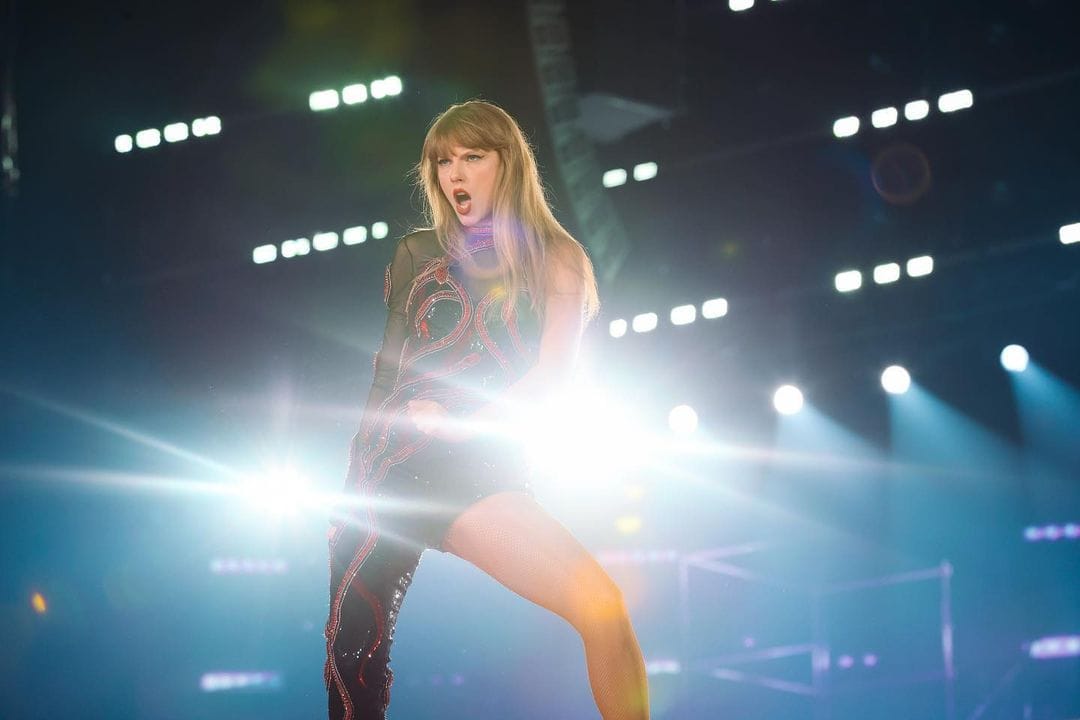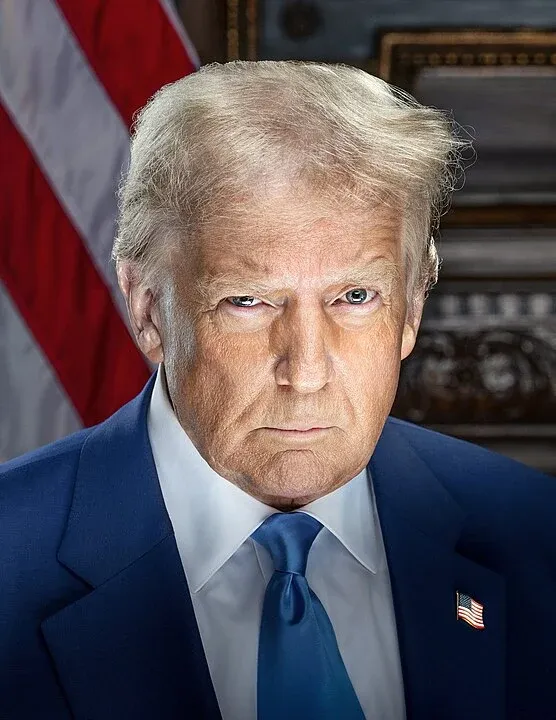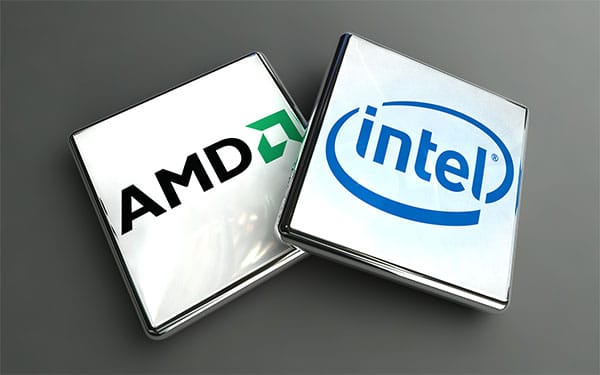Universal Music Group Takes a Stand Against TikTok's Unfair Practices

Universal Music Group (UMG) has taken decisive action by removing the music catalogs of prominent artists it represents, such as Taylor Swift, Drake, and Olivia Rodrigo, from TikTok. This move comes in the aftermath of failed negotiations to renew licensing agreements between UMG and TikTok this week.

In an open letter addressed to the artist and songwriter community, Universal Music Group (UMG) emphasizes the need to call a timeout on TikTok, one of the world's largest social platforms. The letter underscores UMG's commitment to helping artists and songwriters achieve their creative and commercial potential while holding digital platforms accountable for fair compensation and ethical practices.
The letter outlines three critical issues in ongoing contract renewal discussions with TikTok: appropriate compensation for artists and songwriters, protection from the adverse effects of artificial intelligence (AI), and ensuring online safety for TikTok users.
UMG acknowledges the significance of platforms like TikTok in the music industry but raises concerns about TikTok's proposed compensation rates, which fall significantly below industry standards. Despite TikTok's immense user base and growing revenue, it currently accounts for only about 1% of UMG's total revenue.
A major point of contention is TikTok's approach to AI-generated content, which poses a threat to human artists by potentially diluting the royalty pool. UMG criticizes TikTok's permissive stance on AI-generated recordings flooding the platform and demands a contractual right that could result in artist replacement by AI.
Additionally, UMG highlights TikTok's inadequate efforts in addressing copyright infringement and content-related issues, such as hate speech and bullying. The letter points out TikTok's lack of meaningful solutions and an inefficient content removal process, equating it to a digital version of "Whack-a-Mole."
Throughout the negotiations, UMG claims that TikTok resorted to intimidation tactics, attempting to force a deal that undervalues music and compromises the interests of artists. TikTok allegedly selectively removed the music of certain developing artists as a coercive measure while retaining content from global stars.
UMG asserts its commitment to fighting for fair agreements that appropriately compensate artists, prioritize human creativity, and ensure a safe and well-moderated environment. The letter concludes by acknowledging the challenges that TikTok's actions may pose to artists and their fans but reiterates UMG's responsibility to stand up for the creative and commercial value of music.

In response, TikTok issued a statement expressing disappointment in UMG's decision, claiming that UMG prioritizes its own interests over those of its artists and songwriters. TikTok contends that they have reached "artist-first" agreements with every other label and publisher, implying that UMG's actions are self-serving and not in the best interests of artists, songwriters, and fans.
Universal Music Group is a Dutch–American multinational music corporation under Dutch law. UMG's corporate headquarters are located in Hilversum, Netherlands and its operational headquarters are located in Santa Monica, California. The biggest music company in the world, it is one of the "Big Three" record labels, along with Sony Music and Warner Music Group. Tencent acquired ten percent of Universal Music Group in March 2020 for €3 billion and acquired an additional ten percent stake in January 2021. The company went public on September 21, 2021, at a valuation of €46 billion.



